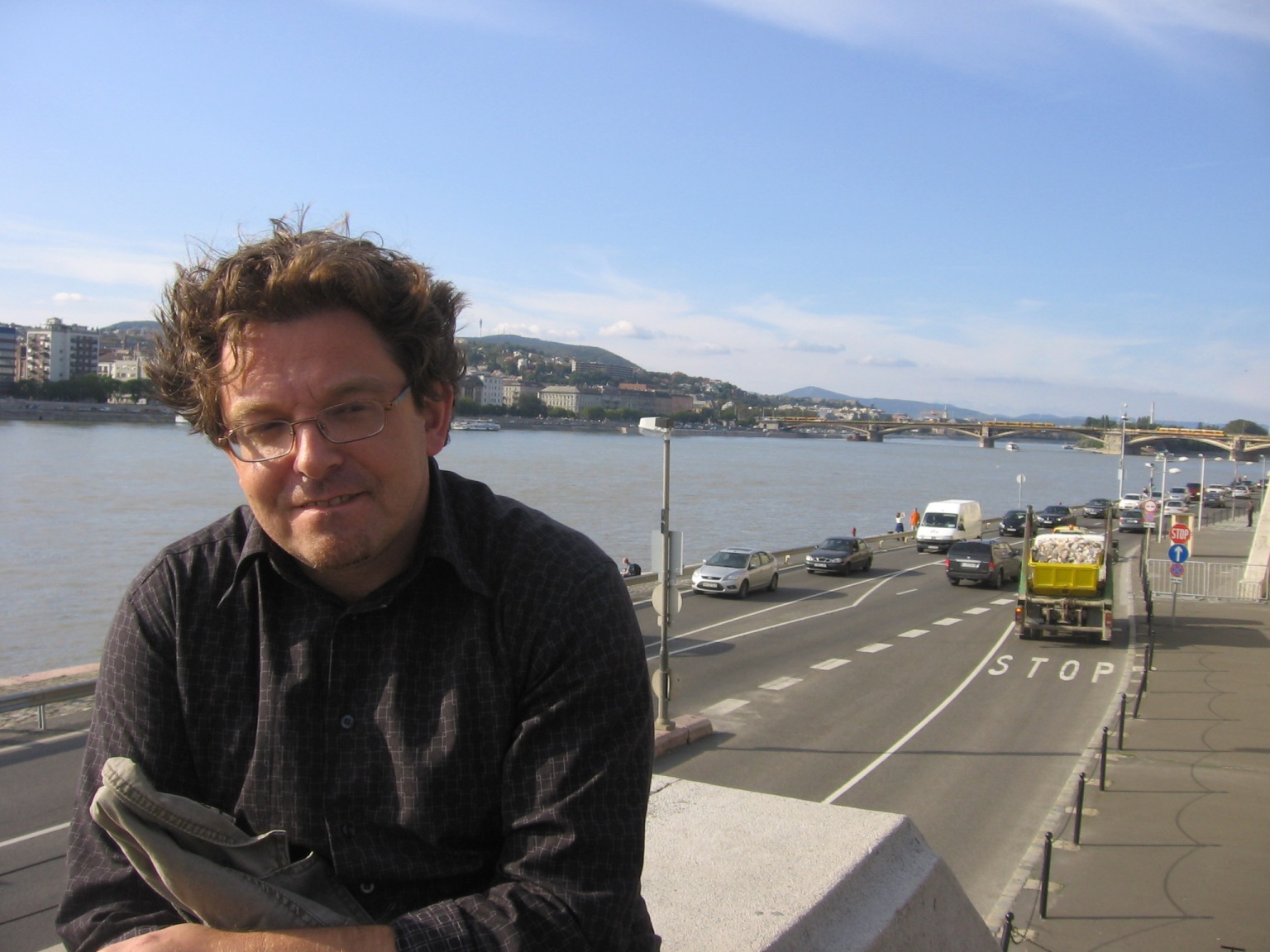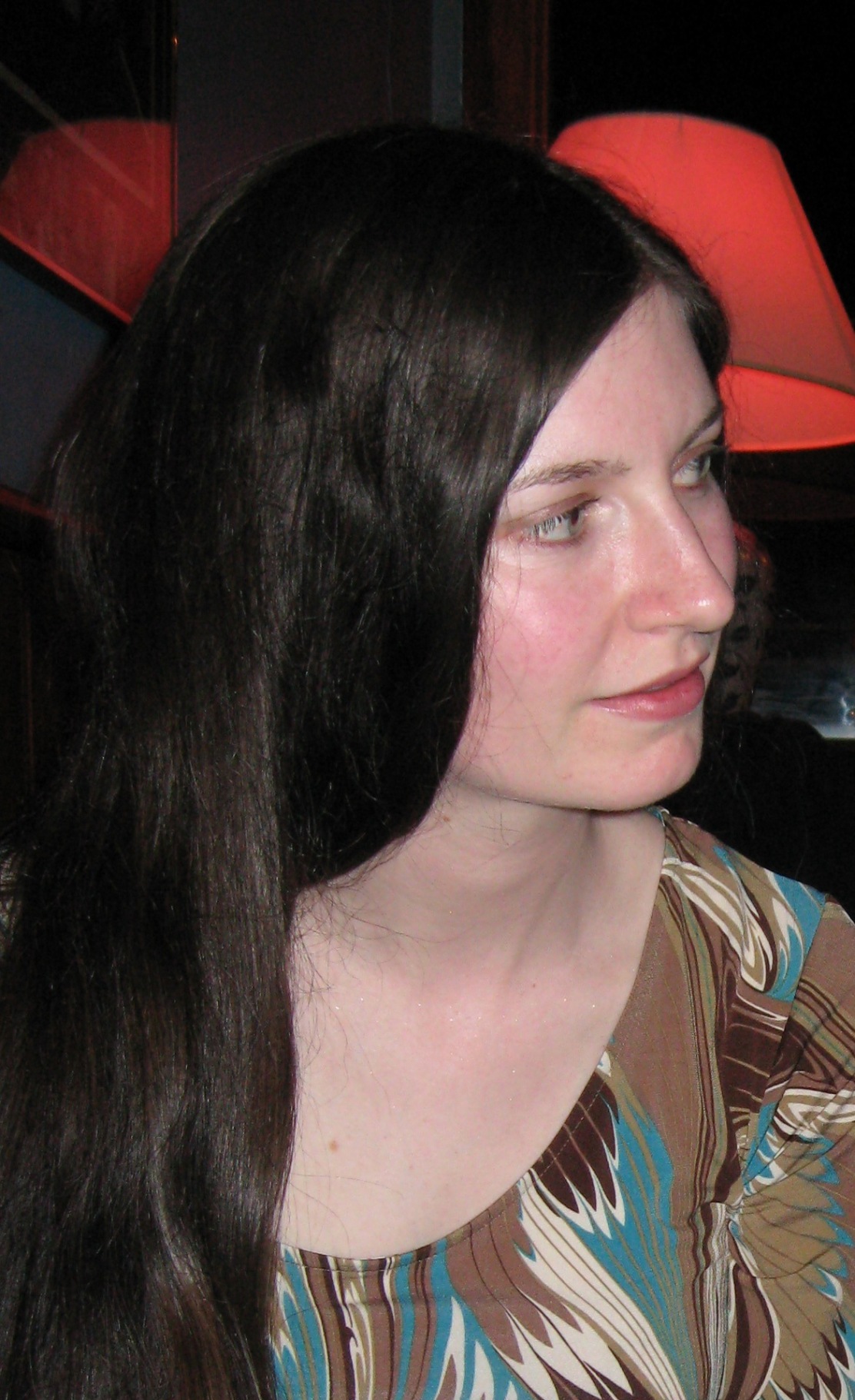Kim Cheng Boey Reviews “Aria” by Sarah Holland-Batt
.jpg) Aria
Aria
by Sarah Holland Batt
University of Queensland Press
2008
ISBN 9780702236754
http://www.uqp.uq.edu.au/index.php
Reviewed by KIM CHENG BOEY
Poetry is about finding the image that will suffice, that will embody the complex of emotion and thought possessing the poet’s body and soul. It is about finding concrete details that have a special resonance, and creating from a few particulars an entire mood or landscape. Sarah Holland-Batt possesses this gift in abundance. She has the attentiveness for the telling detail, and the mastery of making magic of familiar things. In poems of startling freshness and immediacy, Holland-Batt bridges the quotidian and visionary worlds in vivid acts of seeing, and reminds us of poetry’s power to renovate, to restore delight in ordinary things.
In an age where there are so many poems and poets flaunting their postmodernist opacity and reducing language to a vaguely apprehensible vaporous flow until nothing remains in the reader’s head, it is refreshing and heartening to encounter a young poet who values lyric clarity, and who, though gifted with art of seeing and turning ordinary things into arresting metaphors, does not disdain to use plain speech to say the most profound things. This gift is evident in the moving “The Sewing Room,” a tribute to the poet’s mother, its tactile touches reminiscent of Seamus Heaney’s elegies for his mother:
My mother measured the margins
of my known world there:
a sunlit annex where the lines converged,
wrist to shoulder-blade, hip, ankle, waist;
maps I would only outgrow
charted in painstaking tailor’s chalk.
The image and moment are precisely delineated, and the iconic figure of the mother working her Singer wonderfully captured: “sometimes a foxtrot, sometimes a waltz,/ she treadled the pedal with a pianist’s touch.” The concluding sestet echoes the last lines in Robert Hayden’s father poem “Those Winter Sundays” (“What did I know, what did I know/ of love’s austere and lonely offices?”):
What did I know of making then,
rearranging a few sad odds and ends
under my mother’s pinned smile,
her teeth interspersed with ersatz test?
The overlocker zagged on like a lie-detector test.
I kept watch. It never leapt.
The affection, the mother-daughter bond is never stated but conveyed through the telling details, the terse sentences in the last line contrasting poignantly with the preceding aggregate of subordinate clauses, noun and preposition phrases to suggest the inadequacy of language in expressing the mother’s selfless love.
Holland-Batt reveals a Keatsian apprehension of the world around her that yields up refreshing physical details. In a few weaker poems, this silts up the movement of the lyric, but when this rich vein is balanced by a Chekhovian spareness, Holland-Batt reveals a mature mind that makes her one of the most compelling poets to emerge in recent years. This balance is most apparent in the family portraits, where the precision of detail works hand in glove with lyric cadence and restraint to create deeply poignant tributes. In “Exhaustion” the little concrete details piece together a whole life:
One afternoon I went into his silent study
and found, behind the tiny compartments
of paper-clips, rubber bands and push-pins,
an old, red tin – the relic of my grandfather’s oils,
wedged at the back of things. Horse-hair brushes,
graphite stubs, a frayed bit of string. And nestled in
the smudged stippling of china white and cerulean,
a solitary tube of cobalt blue, its crimped end
folded over and over until nothing was left.
The last detail resonates endlessly in the reader’s mind, as a lasting emblem of the grandfather’s life and memory. There are other moving familial poems that echo Robert Lowell (Holland-Batt acknowledges her debt in “Letter to Robert Lowell”), but Heaney is a more palpable influence in the portraits of the father, in “Atonement” and in “The Woodpile,” which is inspired by the figure of the poet’s father splitting “rounds of wood”:
Nights were cold; my father’s breath,
blue as exhaust while he chopped, stunning each
block in two with the blade’s glottal stop
although the cold kept coming on no matter
how hard he struck.
The sensuous weave of alliterative and assonantal sounds and the use of vivid kinetic verbs are Heaneyesque, marrying memory and lyric form in a reverential gesture.
Poem after poem in the collection exhibits a Keatsian sensuality, an alert eye and ear that capture all the nuances of emotion and thought through physical detail. “Circles and Centres” is unabashed in its use of adjectives, the long train of images breathing rapture:
You are being called. All the garden
around the house is as planets in orbit,
its slim persimmons and cumquats, their shocks
of rind, the pumpkins viridian and grooved
like distorted grenades, plump wattle in sprays
rattling its sweet dust into your eyes and nose.
Heaney is again audible in the digging motif and vivid verbs:
You are digging, digging against it,
possibly for an end; going around the perimeter
of you plot, wielding your ability to crimp
and cinch and singe like a new addition
to your vocabulary.
The poem locates a liminal instant between the outside and indoors, between the self and other. It digs deep into the moment, and while the language is beautifully evocative, it is one of the few poems where the gift for imagery runs aground on its own excess.
Holland-Batt, like Jane Hirshfield and Linda Gregg, has the ability to tune in to the mystery of ordinary things. There is a Zen-like attentiveness, and the ego disappears in a concentrated moment of seeing:
Will you come back from the other side?
No, but the world will still know me.
And how will it know you?
In the black cricket’s song.
In the throat
of all things burning.
There is a remarkable precision and economy of language, and a haunting acoustic, a captivating music that holds up the visual image.
Music, as theme and metaphor, permeates the work. The longer poems that with musical motifs – “Rachmaninoff’s Dream” and “Aria for a Painted Dancer” – stumble and lose clarity, the rich word-hoard cluttering up the movement, but “Misery and Pizzicato” delivers that ominous chord in Mahler’s tragic oeuvre memorably:
Morning, thinking of Mahler
in nineteenth-century Austria,
who was told Jews were not welcome
at the Vienna Opera – composer or no.
He turned Catholic, and joked.
‘I have just changed my coat,’
then went home and marked the violins
in his seventh symphony ffff, with a note:
pluck so hard that the strings hit the wood.
Again the economy and exactitude are impressive: in a short lyric Mahler’s life and work are compellingly captured.
Aria offers many poems in which the words achieve the condition of music, to quote Pater. Reading a Holland-Batt poem, one is compelled to listen to the resonance, the silence, the meaning that echoes at the end of the last line. There are a few poems of strained epiphanies, and a few others where the eye for imagery goes uncontrolled, and but overall it is a collection to keep, one to re-read for its luminous detail and knowledge, and its tender, compassionate imagination that is always “Letting the ordinary become the last.”

.jpg)

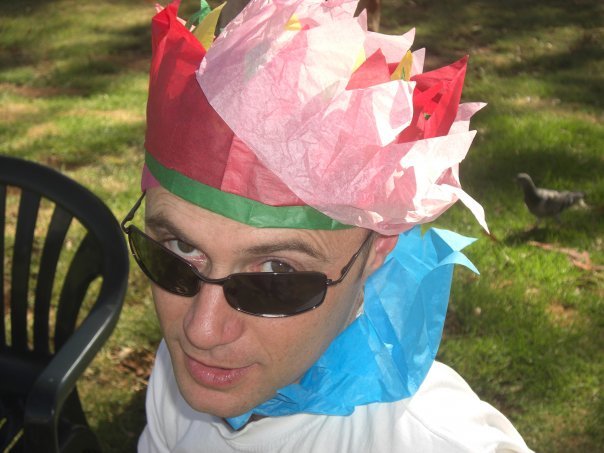
.jpg)
.jpg)
.jpg)
 Angelina’s publications include short stories in Muse and AntiTHESIS
Angelina’s publications include short stories in Muse and AntiTHESIS.jpg)
.jpg)
.jpg)
.jpg)
.jpg)
.jpg)
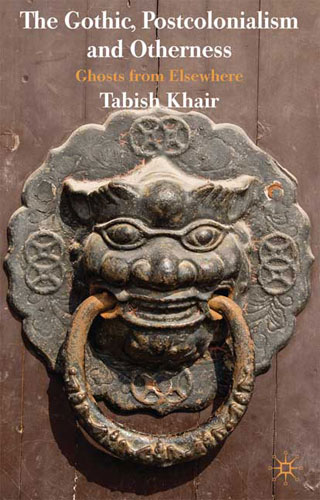
 Mehnaz Turner was born in Pakistan and raised in southern California. She is a 2009 PEN USA Emerging Voices Fellow in poetry. Her story, “The Alphabet Workbook”, is forthcoming in the August 2010 issue of Ellery Queen Mystery Magazine. Her poems have appeared in publications such as Asia Writes, The Journal of Pakistan Studies, Cahoots Magazine, The Pedestal Magazine, Desilit Magazine, and An Anthology of California Poets. She is currently at work on her first poetry manuscript, Tongue-tied: A Memoir in Poems. To learn more about Mehnaz, visit her at
Mehnaz Turner was born in Pakistan and raised in southern California. She is a 2009 PEN USA Emerging Voices Fellow in poetry. Her story, “The Alphabet Workbook”, is forthcoming in the August 2010 issue of Ellery Queen Mystery Magazine. Her poems have appeared in publications such as Asia Writes, The Journal of Pakistan Studies, Cahoots Magazine, The Pedestal Magazine, Desilit Magazine, and An Anthology of California Poets. She is currently at work on her first poetry manuscript, Tongue-tied: A Memoir in Poems. To learn more about Mehnaz, visit her at .jpg)







.jpg)
 Ankur Betageri, (18/11/83), is a bilingual writer based in New Delhi. His poetry collection in English is titled The Sea of Silence (2000, C.V.G. Publications.) Two collections in Kannada are titled Hidida Usiru (Breath Caught, 2004, Abhinava Prakashana)and Idara Hesaru (It’s Name, 2006, Abhinava Prakashana) He has also published a collection of Japanese Haiku translations called Haladi Pustaka (The Yellow Book, 2009, Kanva Prakashana). He holds a Masters in Clinical Psychology from Christ College, Bangalore. He co-edits the journal Indian Literature published by Sahitya Akademi and is contributing editor(India) of the Singapore-based ezine writersconnect.org. Recently, he represented India as a Poet at the III International Delphic Games held at Jeju, South Korea.
Ankur Betageri, (18/11/83), is a bilingual writer based in New Delhi. His poetry collection in English is titled The Sea of Silence (2000, C.V.G. Publications.) Two collections in Kannada are titled Hidida Usiru (Breath Caught, 2004, Abhinava Prakashana)and Idara Hesaru (It’s Name, 2006, Abhinava Prakashana) He has also published a collection of Japanese Haiku translations called Haladi Pustaka (The Yellow Book, 2009, Kanva Prakashana). He holds a Masters in Clinical Psychology from Christ College, Bangalore. He co-edits the journal Indian Literature published by Sahitya Akademi and is contributing editor(India) of the Singapore-based ezine writersconnect.org. Recently, he represented India as a Poet at the III International Delphic Games held at Jeju, South Korea.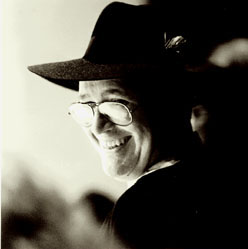
.jpg) Adam Aitken was born in 1960 and spent his early childhood in London, Thailand and Malaysia. As well as numerous reviews, articles on poetry, and works of creative non-fiction, he is the author of four collections of poetry. Romeo and Juliet in Subtitles (2000) was shortlisted for the Age Poetry Book Award and the John Bray South Australian Writers Festival Award. He has been the recipient of an Asialink residency in Malaysia, an Australian Postgraduate Award and most recently an Australia Council Literature grant for new work on Cambodia. His most recent work includes a Doctorate in Creative Arts thesis on hybridity in Australian literature, and a new book of poems, Eighth Habitation (Giramondo Publishing). He lectures in Creative Writing at the University of Technology, Sydney. Adam is appointed Distinguished Visiting Writer at the University of Hawai’i for Fall semester 2010.
Adam Aitken was born in 1960 and spent his early childhood in London, Thailand and Malaysia. As well as numerous reviews, articles on poetry, and works of creative non-fiction, he is the author of four collections of poetry. Romeo and Juliet in Subtitles (2000) was shortlisted for the Age Poetry Book Award and the John Bray South Australian Writers Festival Award. He has been the recipient of an Asialink residency in Malaysia, an Australian Postgraduate Award and most recently an Australia Council Literature grant for new work on Cambodia. His most recent work includes a Doctorate in Creative Arts thesis on hybridity in Australian literature, and a new book of poems, Eighth Habitation (Giramondo Publishing). He lectures in Creative Writing at the University of Technology, Sydney. Adam is appointed Distinguished Visiting Writer at the University of Hawai’i for Fall semester 2010. 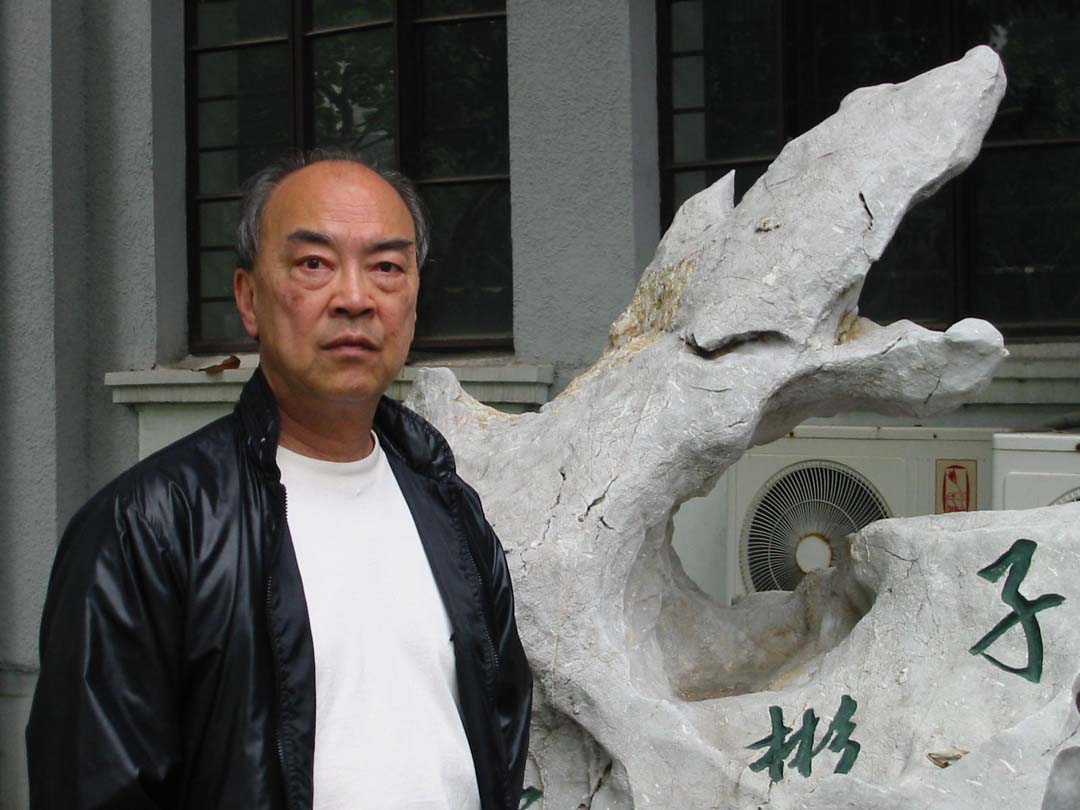 Trans-Pacific writer and photographer Alex Kuo’s most recent books are White Jade and Other Stories, and Panda Diaries. His Lipstick and Other Stories won the American Book Award, and recently he received received the Alumni Achievement award from Knox College.
Trans-Pacific writer and photographer Alex Kuo’s most recent books are White Jade and Other Stories, and Panda Diaries. His Lipstick and Other Stories won the American Book Award, and recently he received received the Alumni Achievement award from Knox College.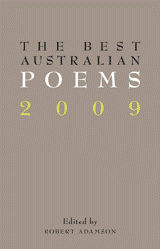 The Best Australian Poems
The Best Australian Poems Possession
Possession.jpg)


.jpg)

.jpg)
.jpg)
.jpg)
.jpg)

.jpg)
.jpg) Michael Farrell’s most recent books are a raiders guide (Giramondo), and as coeditor (with Jill Jones) Out of the Box: Contemporary Australian Gay and Lesbian Poets(Puncher and Wattmann). ‘word seen from a bus’ and ‘country from a mans neck’ were written during an Asialink residency in Nagoya.
Michael Farrell’s most recent books are a raiders guide (Giramondo), and as coeditor (with Jill Jones) Out of the Box: Contemporary Australian Gay and Lesbian Poets(Puncher and Wattmann). ‘word seen from a bus’ and ‘country from a mans neck’ were written during an Asialink residency in Nagoya.

.jpg)
 Claire Potter was a Poets Union Fellow in 2006. She is author of two chapbooks, In Front of a Comma (Poets Union, 2006) and N’ombre (Vagabond, 2007). Her first full-length collection, Swallow, will be published this October (Five Islands Press). She lives and works in London.
Claire Potter was a Poets Union Fellow in 2006. She is author of two chapbooks, In Front of a Comma (Poets Union, 2006) and N’ombre (Vagabond, 2007). Her first full-length collection, Swallow, will be published this October (Five Islands Press). She lives and works in London..jpg)

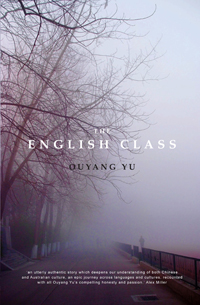

.jpg)
 Deepika Arwind, 23, is a poet, writer and journalist based out of Bangalore, India. Her poems have appeared in Indian poetry anthologies and poetry journals. She has also read poetry at festivals like the Poetry with Prakriti Festival in Chennai, and won several poetry prizes. She is currently working on short fiction.
Deepika Arwind, 23, is a poet, writer and journalist based out of Bangalore, India. Her poems have appeared in Indian poetry anthologies and poetry journals. She has also read poetry at festivals like the Poetry with Prakriti Festival in Chennai, and won several poetry prizes. She is currently working on short fiction. 
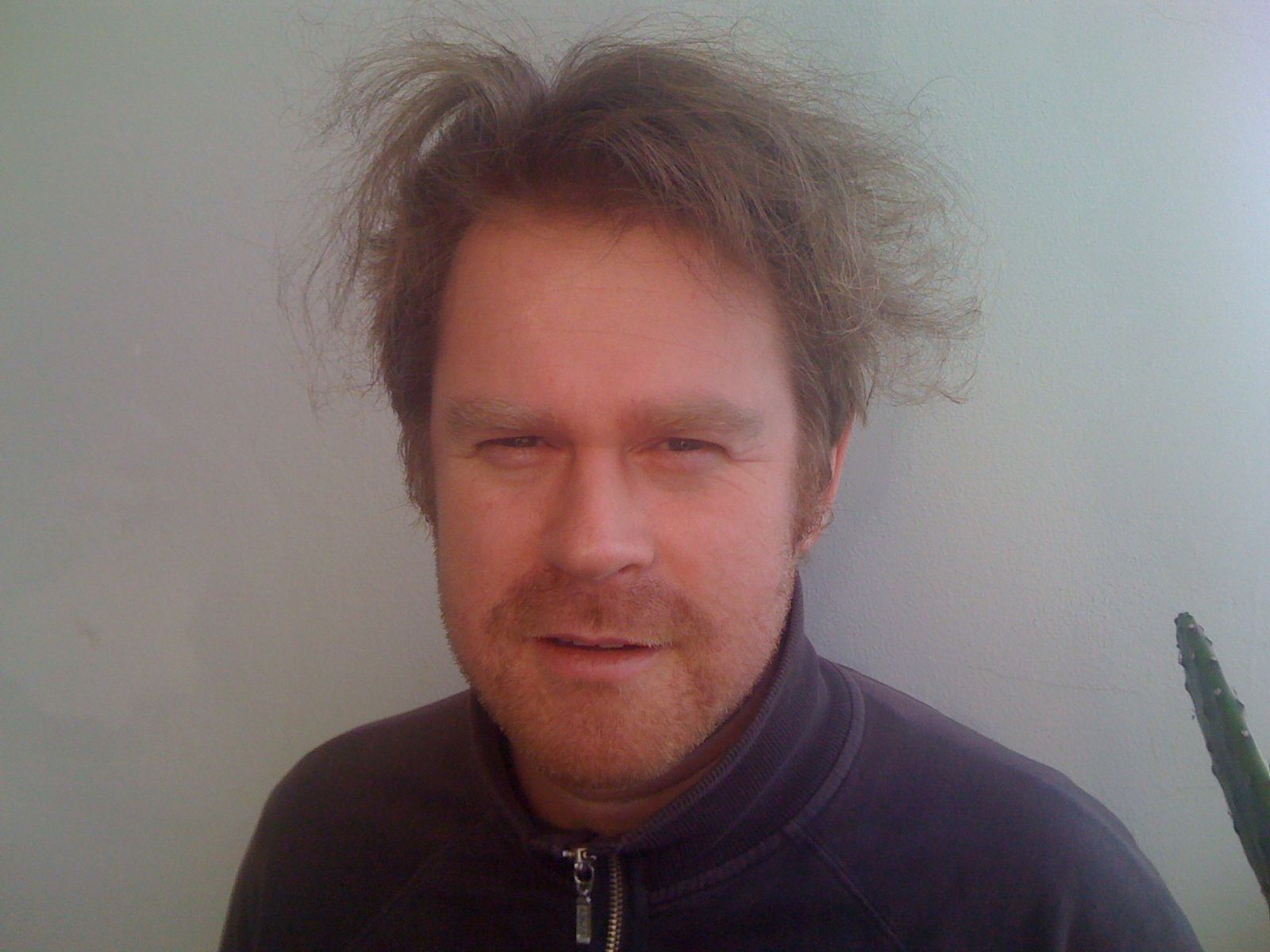


.jpg)



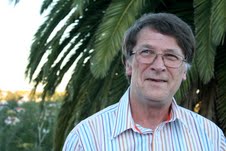 Iain Britton’s first collection of poems – Hauled Head First into a Leviathan – Cinnamon Press (UK), was a Forward Prize nomination in 2008. His second collection Liquefaction was published by Interactive Press (Australia) in 2009. Recently Oystercatcher Press (UK) published his third collection.
Iain Britton’s first collection of poems – Hauled Head First into a Leviathan – Cinnamon Press (UK), was a Forward Prize nomination in 2008. His second collection Liquefaction was published by Interactive Press (Australia) in 2009. Recently Oystercatcher Press (UK) published his third collection. 
.jpg)
.jpg)

.jpg)
.jpg)



.jpg)

.jpg)
 Trans-Pacific writer and photographer Alex Kuo’s most recent books are White Jade and Other Stories, and Panda Diaries. His Lipstick and Other Stories won the American Book Award, and recently he received received the Alumni Achievement award from Knox College.
Trans-Pacific writer and photographer Alex Kuo’s most recent books are White Jade and Other Stories, and Panda Diaries. His Lipstick and Other Stories won the American Book Award, and recently he received received the Alumni Achievement award from Knox College..jpg) Daniel East is an Australian writer currently working in South Korea. His work has been published in Voiceworks, Cordite and the 2007 Max Harris Poetry Award, “Poems in Perspex”. He was a member of
Daniel East is an Australian writer currently working in South Korea. His work has been published in Voiceworks, Cordite and the 2007 Max Harris Poetry Award, “Poems in Perspex”. He was a member of
 Marlena loves to explore life and capture what she sees along the way. She is inspired by nature and its intricate beauty, its subtlety and power. Marlena has an honours degree in Design from UTS and is based in Sydney.
Marlena loves to explore life and capture what she sees along the way. She is inspired by nature and its intricate beauty, its subtlety and power. Marlena has an honours degree in Design from UTS and is based in Sydney..jpg)

.jpg) Janine Fraser’s book Portraits in a Glasshouse was published by Five Islands Press, Series 10 New Poets. She has also written numerous books for children, including the Sarindi series published by HarperCollins. She lives in Riddells Creek, Victoria.
Janine Fraser’s book Portraits in a Glasshouse was published by Five Islands Press, Series 10 New Poets. She has also written numerous books for children, including the Sarindi series published by HarperCollins. She lives in Riddells Creek, Victoria..jpg) Usha Akella has authored two books of poetry. She is the founder of the Poetry Caravan, an organization that provides free readings and workshops to the disadvantaged. She has read at various international festivals and her work is upcoming in the HarperCollins Anthology of Indian English Poetry. She lives in Austin, Texas, USA.
Usha Akella has authored two books of poetry. She is the founder of the Poetry Caravan, an organization that provides free readings and workshops to the disadvantaged. She has read at various international festivals and her work is upcoming in the HarperCollins Anthology of Indian English Poetry. She lives in Austin, Texas, USA..jpg)
.jpg) Heather Taylor Johnson moved from America to Australia in 1999 and since has received a PhD in Creative Writing, has had a poetry collection, Exit Wounds, published, and has discovered that reviewing poetry is a fantastic genre to work with. She spent all of 2010 living in the Colorado Rockies with her husband and three young children and though she couldn’t leave the subject of ‘home’ alone in her writing, she also found that mountains were very difficult to ignore.
Heather Taylor Johnson moved from America to Australia in 1999 and since has received a PhD in Creative Writing, has had a poetry collection, Exit Wounds, published, and has discovered that reviewing poetry is a fantastic genre to work with. She spent all of 2010 living in the Colorado Rockies with her husband and three young children and though she couldn’t leave the subject of ‘home’ alone in her writing, she also found that mountains were very difficult to ignore. .jpg)
.jpg)
.jpg)
